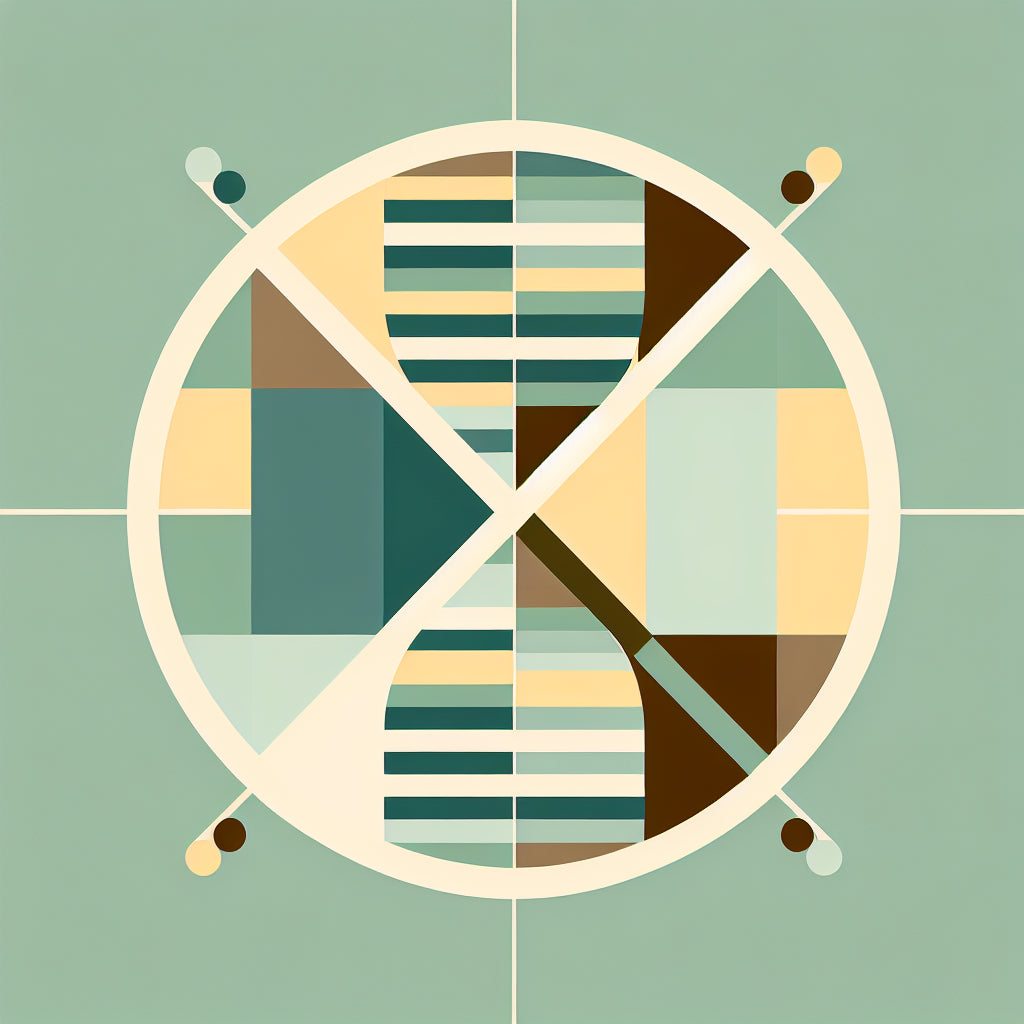
AI revolutionizes CRISPR for enhanced precision
Share
Introduction to CRISPR and AI
CRISPR technology has significantly advanced the fields of medicine and agriculture by enabling precise genetic modifications. However, despite its transformative impact, CRISPR is not without its limitations, including potential off-target effects and mutations. Recent developments have seen artificial intelligence (AI) being employed to enhance the precision and efficacy of CRISPR gene-editing tools.
Emerging AI-driven CRISPR innovations
A California-based startup, Profluent, has pioneered the use of AI in redesigning CRISPR components from scratch. Utilizing large language models similar to those behind ChatGPT, the company has successfully created new gene-editing proteins. These AI-designed components have shown to integrate seamlessly into human cells, maintaining the efficiency of traditional CRISPR while significantly reducing unintended genetic modifications.
Advancements in gene editing
The newly developed CRISPR tool, named OpenCRISPR-1, has demonstrated remarkable capabilities in base editing—a method that allows for the alteration of single DNA bases with high precision. This innovation is particularly promising for medical applications, where precision is crucial for avoiding adverse effects. OpenCRISPR-1 has been tested in human kidney cells, where it achieved impressive editing accuracy and drastically minimized off-target effects by approximately 95%.
Implications for health and agriculture
The integration of AI with CRISPR technology not only enhances the tool's precision but also expands its potential applications. In medicine, it offers hope for more effective treatments of genetic diseases with fewer side effects. In agriculture, AI-enhanced CRISPR can lead to the development of more robust crops and livestock, thereby contributing to food security and sustainability.
Future prospects and ethical considerations
While the initial results are promising, the AI-generated CRISPR tools like OpenCRISPR-1 require further testing in various organisms and regulatory approval before they can be widely used in clinical and agricultural settings. Moreover, the ethical implications of such advanced genetic tools must be carefully considered to ensure responsible use in research and application.
Conclusion
The collaboration between AI and CRISPR technologies marks a significant milestone in the field of genetic editing. By enhancing precision and expanding the possibilities of gene editing, this partnership could lead to groundbreaking advancements in health and agriculture. However, it is imperative to proceed with caution, keeping ethical considerations at the forefront of future developments.